NAB brings personal touch to private banking
The average high net worth individual doesn’t know who their private banker is, if they even have one, says Justin Greiner.
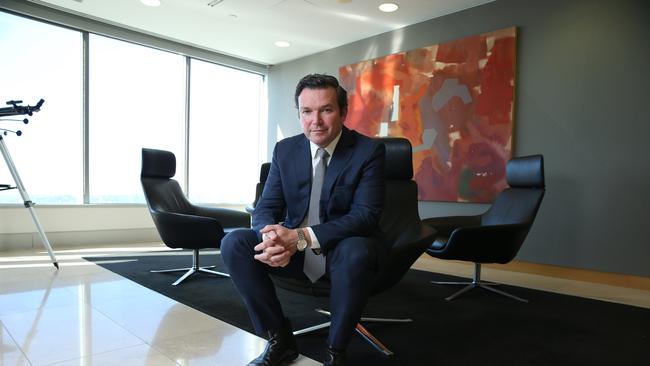
The average high net worth individual doesn’t know who their private banker is, if they even have one, JBWere chief executive Justin Greiner has found after two decades in the wealth industry.
The relationship deficit is one of the gaps in the underserved private wealth segment that NAB is attempting to remedy by combining its private bank, nabtrade trading platform and JBWere wealth management operations as part of Ross McEwan’s shake-up of the business.
“Ross has been very clear about how important this sector is and how he wants to make sure that we work as quickly as possible to be able to address the needs of high net worth Australians. So yeah, there’s no time to waste,” Greiner says of the move to bring together the three businesses he is now leading.
After heading JBWere for six years, the son of former NSW premier Nick Greiner was in May tapped by NAB’s new CEO to lead the combined operations. He’s been in the new role for a week, since June 1.
Emulating the success of private bank and wealth manager Coutts, owned by Mr McEwan’s former employer RBS, appears to be the goal with the move to a centralised leadership.
“It’s an opportunity that I think Ross is so supportive of because he’s seen from his previous role at RBS … the power of Coutts and what’s possible. We know that at NAB we have all the component paths to be a true private wealth business that can really rival a global private wealth business,” Greiner says.
Just 20 per cent of the 500,000 high net worth individuals across Australia and New Zealand have a private banker in what Greiner describes as a very fragmented but competitive market.
“We think that high net worth clients in Australia are looking for an organisation that can bring all the pieces together, in a measured way, where they control what services and solutions they need.
“Being able to work with clients across all sides of the balance sheet is a service that has been lacking in Australia. It’s a service that clients are crying out for. So we’re excited about the opportunity that we’ve got now over the next six to 12 months to pull this proposition together,” he says.
As part of its first steps, JBWere, which has $28.2bn in funds under management and $52.3bn in funds under advice, has been expanding its team, adding to its headcount and appointing JPMorgan heavyweight Sally Auld as its new chief investment officer last week.
“She’s exactly the sort of person that we’re trying to bring in, because we recognise that clients are looking for that specialist knowledge,” Greiner says.
“If you want to be successful in the private wealth business, you need to have proprietary investment thinking.
“You need to have a team of people that actually understand high net worth clients, that can synthesise all the information that’s out there from global banks and brokers and other information sources that they’ve got and put it in a way that makes sense for clients.” Auld starts on September 7.
Focus on relationships
As well as building up its team of experts for its streamlined private wealth operations — which will retain their separate names for the time being — a focus will be on continuity of relationships between advisers and clients.
“The common refrain I’ve heard — and I’ve been in this space for 20 years — is that the average Australian high net worth individual says, ‘I’m actually not even sure who my private banker is’.
“Either they talk to different people or there’s turnover in the banking ranks or alternatively they go to one part of an organisation for a certain service and they go to another part for different service. That’s unacceptable.”
Instead, Mr Greiner is hoping to build an operation that will take the relationship-led model in place at JBWere and expand it to the rest of the wealth business.
Commenting on the coronavirus crisis, Greiner says it is forcing clients to look more closely at their governance processes. The “for purpose” sector, charities in particular, had been hard hit since the pandemic began, he says, with more than half reporting a “significant decrease” in fundraising in recent months. The wealth manager manages about $1bn in the charitable space across Australia and New Zealand.
“We think there’s an opportunity for the government to be investing more and providing funds in that space for the charitable sector. We also think that we need to see greater tax breaks for the philanthropic sector. Making fundraising and philanthropy more accessible and attractive is going to increase giving at a time when charities really need it.”
The crisis and shutdown, he says, has enabled JBWere to bring experts into clients’ living rooms.
“Being able to give our clients access to thought leaders and people who are actually making the decisions, I think that’s been very reassuring for clients. From that perspective, we think clients are feeling very informed about what’s happening in the markets. And the markets have clearly been very, very tricky.”
In November, JBWere started advising clients to de-risk their portfolios. It followed up this advice in February with a call to de-risk further. Since early April it has been encouraging clients to take on more risk but to be clear on the themes they want to play into for the next six to 12 months.

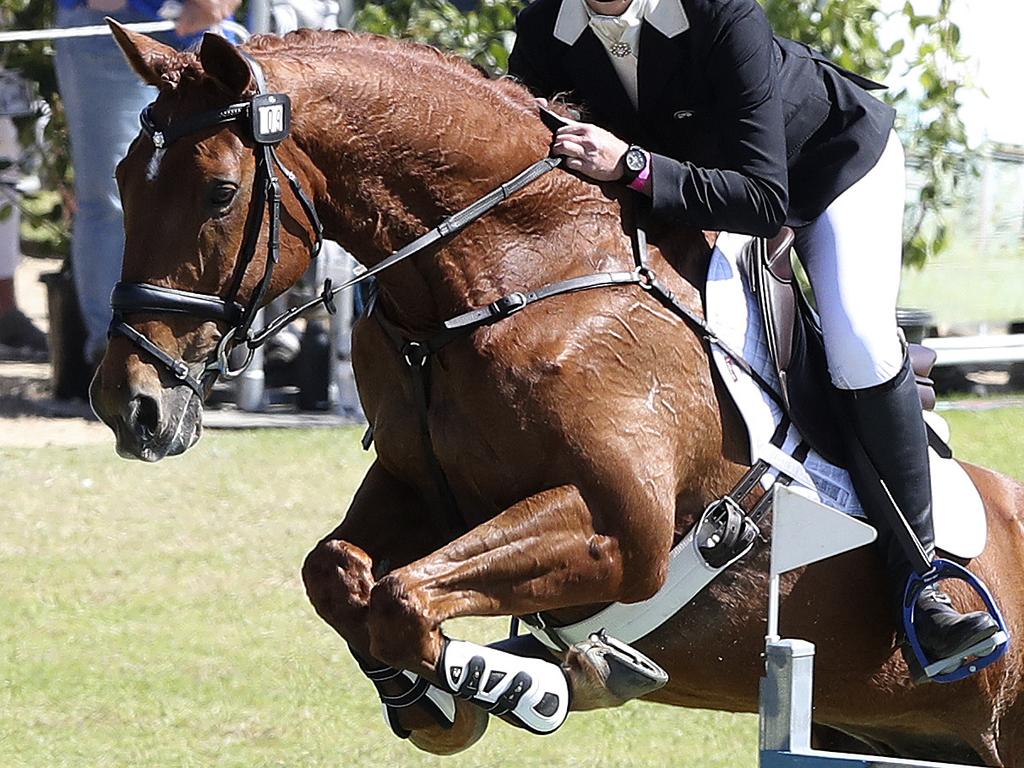

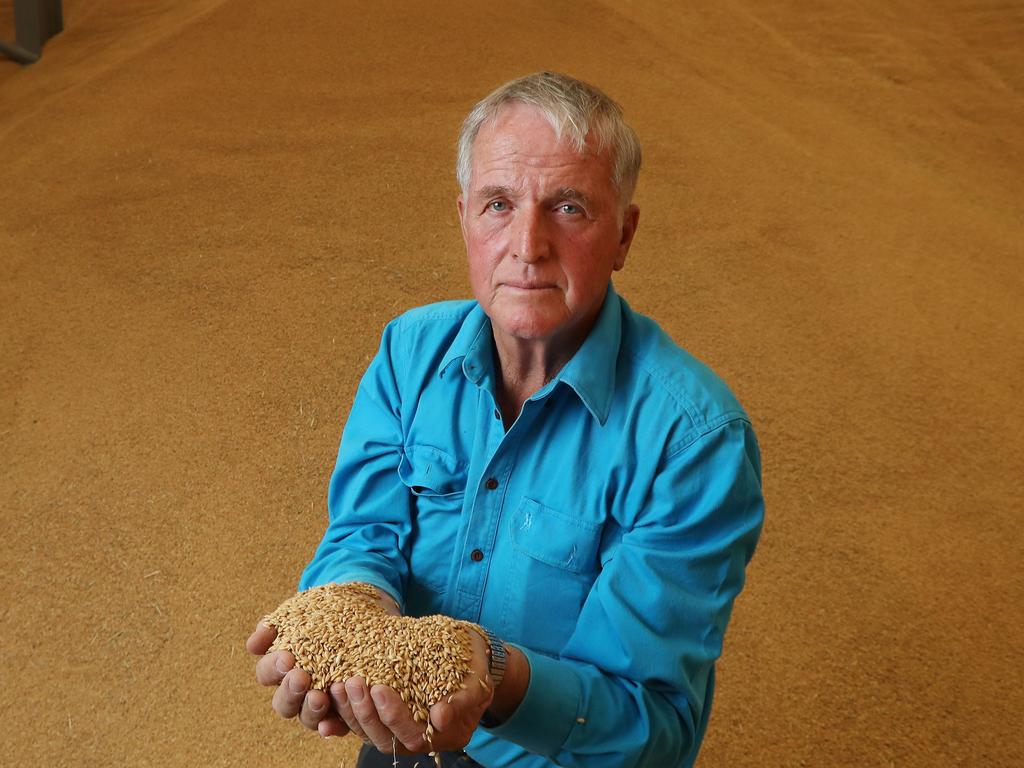

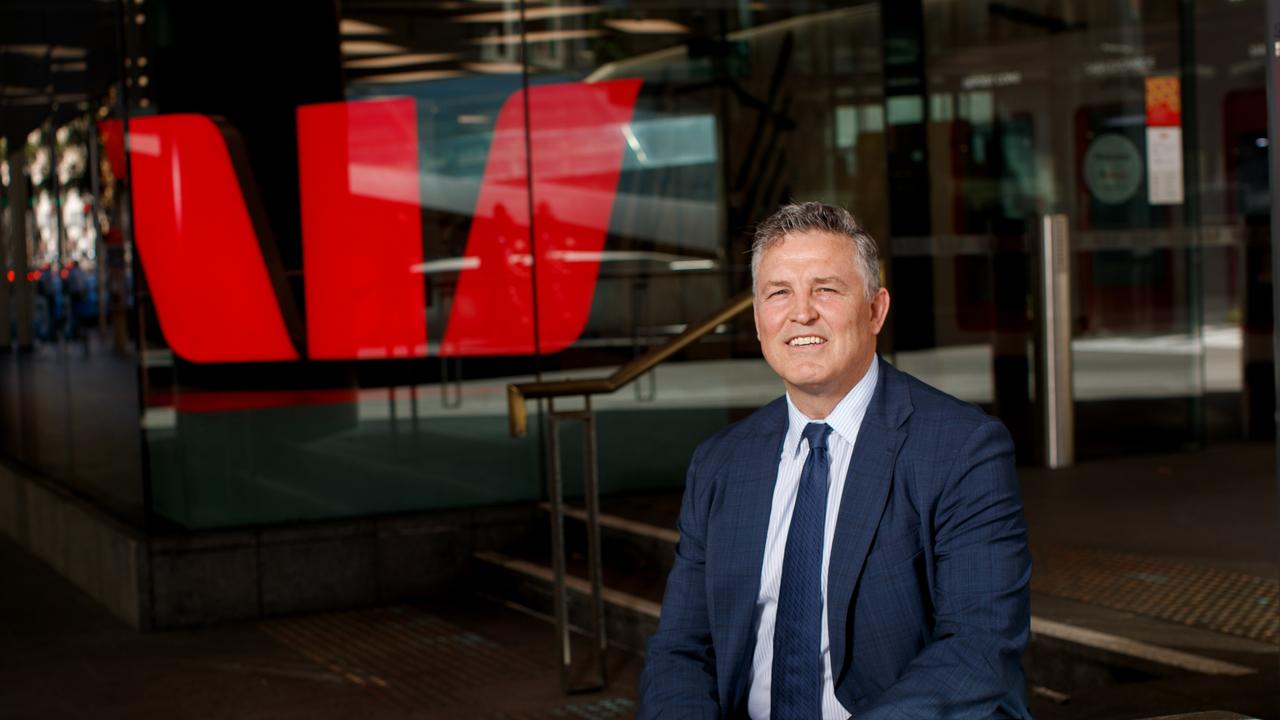
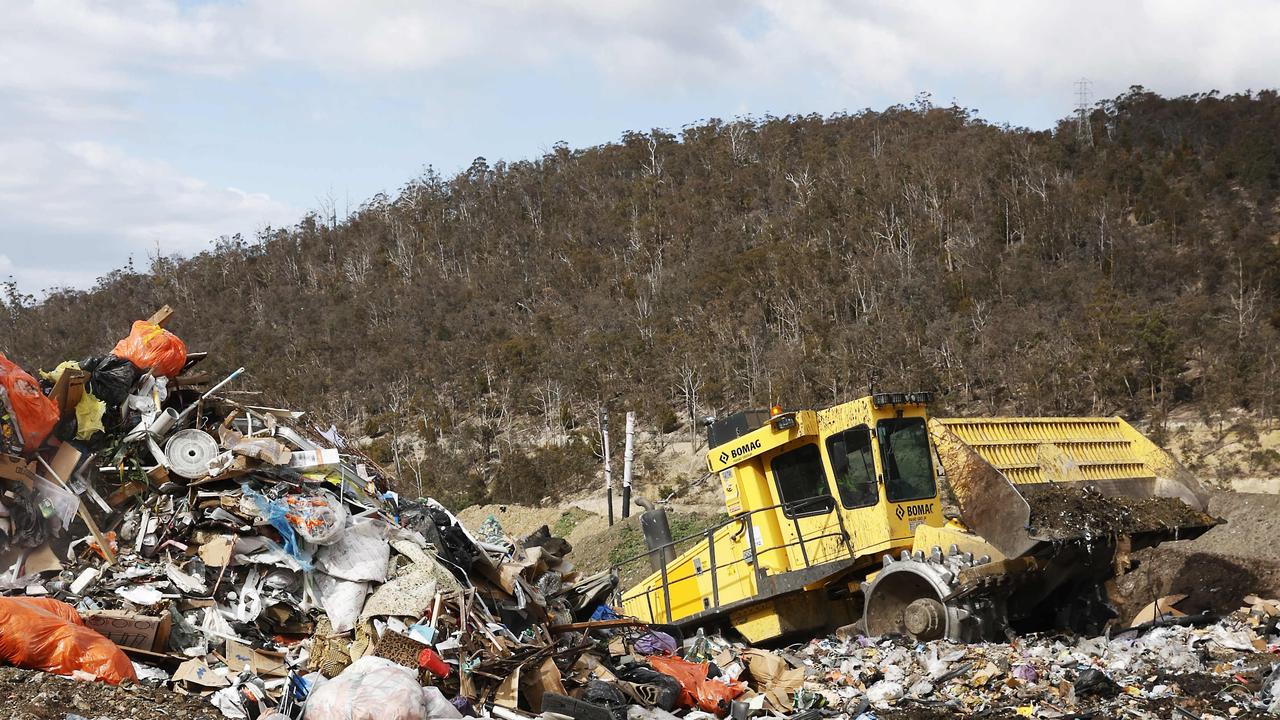
To join the conversation, please log in. Don't have an account? Register
Join the conversation, you are commenting as Logout